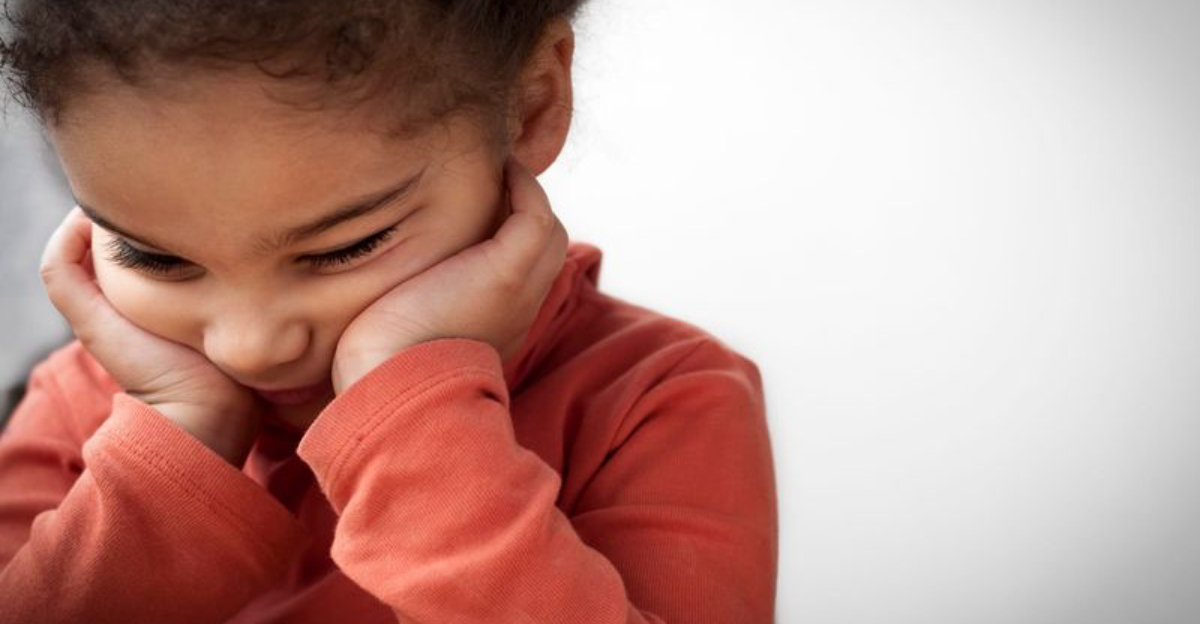15 Quiet Signs Your Child Might Be Hiding Their True Feelings
We all know the big signs of distress—tantrums, tears, slamming doors. But some children? They’re emotional shape-shifters. They don’t explode when something’s wrong… they fold inward. And as parents, it’s easy to miss.
Not because we don’t care. But because we’re juggling a million things, and they’ve learned to tuck their feelings away with a tight smile and a “don’t worry.” But beneath that brave face? There might be a storm they don’t know how to name yet.
Ecco 15 subtle signs your child may be hiding their true feelings—and what they might be trying to tell you without saying a word.
1. They’re Suddenly “Too Tired” for Things They Love
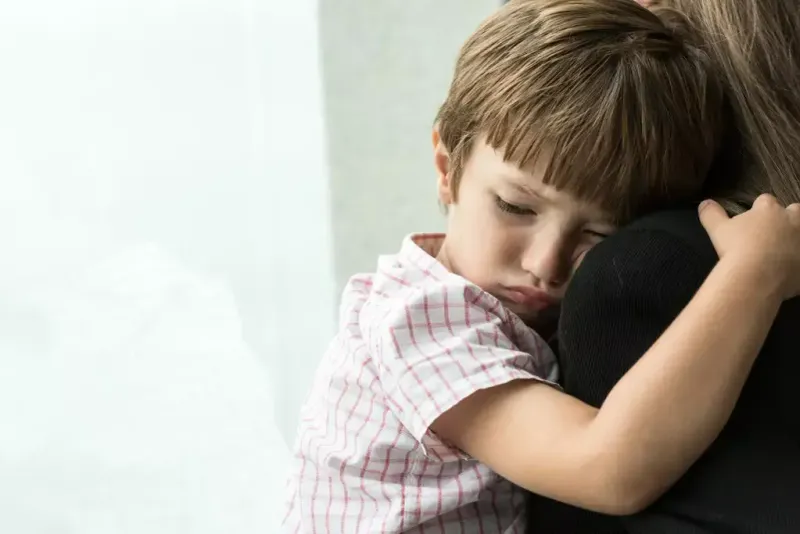
When your once-unstoppable kiddo suddenly ditches playdates or hobbies they begged for last week, it stings a little—like, what gives? It’s easy to blame plain old laziness, but emotional fatigue wears heavier than any long school day. Sometimes, the fun stuff feels like a mountain when they’re carrying around an invisible backpack full of worry.
I’ve seen kids opt out of birthday parties or soccer practice, choosing their bed instead. The change happens quietly; there’s no epic meltdown, just a slow retreat. Maybe they mumble about being tired or act grumpy when pressed.
It’s the kind of tired that a nap won’t fix. Instead of pushing, notice the pattern. This might be their gentle SOS. They don’t have the words, but their withdrawal speaks volumes. Sometimes, all they want is for someone to see that tired isn’t always about sleep—it’s sometimes about hearts that feel too heavy to play.
2. They Laugh Off Everything—Even When It’s Not Funny

Nothing cracks a parent like a perfectly timed joke—unless it’s covering up something deeper. If your child morphs into the family comedian every time things get tense, it might be more than a love for punchlines. Sometimes, laughter becomes their shield against feelings they can’t name.
Ever notice how a joke pops up the moment you ask, “How was your day?” That’s not random. It’s a way to swerve around anything real. The laughs sound a little forced, don’t they?
I’ve watched kids giggle through hard talks, deflecting with humor until the subject changes. It’s clever, but also a red flag. Their jokes might say, “I’m not ready to go there.” Keep an ear out. When things get a little too funny all the time, it’s worth asking what’s really brewing behind that silly grin.
3. They Get Extra Polite, Like They’re Walking on Eggs
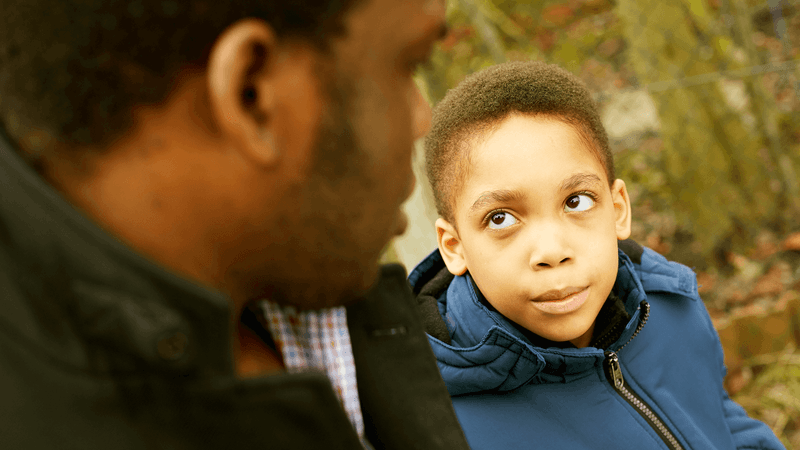
“Thanks, sorry, it’s okay!”—sound familiar? If your kid suddenly turns into Miss Manners, running every sentence through the politeness filter, it’s not always about being well-raised. Sometimes, it’s a smoke screen for nerves or guilt.
I’ve watched kids tiptoe around grown-ups, apologizing for things that don’t need apologies. Like they’re bracing for a fallout that isn’t coming. Their smile looks tight, not joyful.
It can sting to realize your child feels like they have to earn your calm by keeping everything smooth. But this people-pleasing phase often masks bigger worries bubbling underneath. A kid who plays it safe with manners might be hiding from feelings that feel just too rough and messy to spill out.
4. Their Sleep Patterns Shift Dramatically

Middle-of-the-night footsteps or early drift-offs? When your child’s sleep suddenly flips, something’s probably up. Emotional overload has a sneaky way of hijacking bedtime before it shows up anywhere else.
I’ve seen kids who used to konk out in five minutes suddenly toss and turn for hours. Others come home from school and crash before dinner, skipping their favorite show. It’s not just about being tired—it’s about their minds spinning overtime.
Parents miss these shifts because, let’s be real, we’re tired too. But if your child’s sleep rhythm crashes for no clear reason, it’s worth pausing. Sometimes, their brains are working overtime to process feelings they can’t talk about. And that kind of restlessness isn’t fixed with a bedtime story.
5. They Start Answering Everything With “I Don’t Know”

You get: “I don’t know.” Followed by a shrug. And then, nothing. If your child suddenly forgets how to explain what’s going on, it’s not always about attitude. Sometimes, they’re so tangled up inside that words feel impossible.
I see this blank-out with big, confusing feelings. Asking about their day or why they’re upset just leads to that same dead-end. You might catch a little frown or a faraway look, but their voice stays flat.
Underneath that phrase, there’s usually a world of confusion. They’re not being difficult. They’re protecting themselves from emotions that feel too big to name. Instead of pushing for answers, sometimes a hug and a little space say more than another question ever could.
6. They Avoid Eye Contact—Especially During Check-Ins
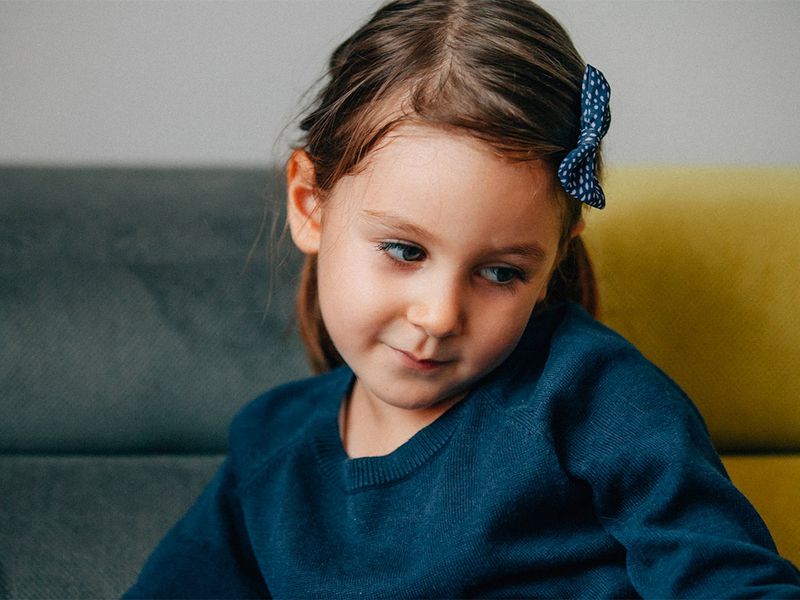
You know that look—when your child gazes out the window or stares at their shoes just as you ask, “How are you, really?” It’s not always about fibbing. Shame and sadness like to hide in the corners of the eyes.
If your child can’t meet your gaze, especially during those deeper check-ins, it’s often a sign they’re protecting something fragile. Their body says, “Don’t see me right now.”
I’ve learned the hard way that pushing for eye contact just makes them pull away more. Instead, focus on being present and gentle. Sometimes, just sitting near them, side by side, is all it takes for their guard to slip a little. When their eyes finally meet yours, it’s often the bravest thing they do all day.
7. They Become Hyper-Independent Out of Nowhere
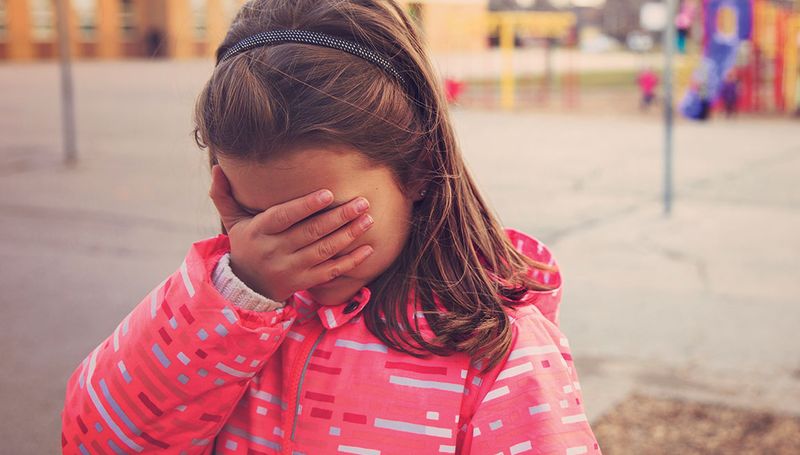
“I’ll do it myself!” When independence pops up overnight, it’s not always a power move. Sometimes, it’s a sign your kid is afraid of leaning on anyone—even you.
This isn’t the same as regular growing-up stuff. It’s that intense, sudden need to handle everything solo, even things that used to feel safe with help. I’ve watched kids insist on packing their own lunch, fixing their toys, or hiding tears behind a slammed bedroom door.
Deep down, they might worry about being a burden. The best move? Step back gently, but let them know you’re there. Kids need to feel safe asking for help, even when their actions scream “leave me alone.” Hyper-independence can be code for, “I’m struggling, but I’m scared to show it.”
8. They Get Quiet in Places They Used to Be Loud
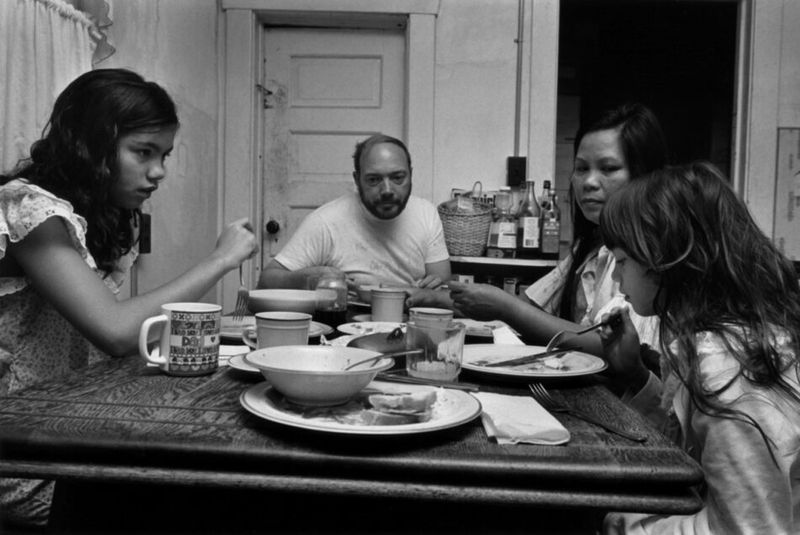
You remember when your child used to fill every room with chatter and stories. Then—almost overnight—the volume drops. Silence isn’t always golden, especially when it suddenly replaces their usual giggles.
If they clam up in places where they used to shine (like dinner or the car), it’s worth a pause. I’ve seen this with kids who are holding onto worries or feeling out of place. The change shows up quietly, like turning down the radio.
Sometimes, it’s just a phase. But often, that hush is a blanket they pull up when things feel too intense. It’s easy to mistake it for a mood, but silence is sometimes their way of saying, “I’m not okay, but I don’t know how to talk about it yet.”
9. Their Art, Stories, or Play Takes a Darker Turn
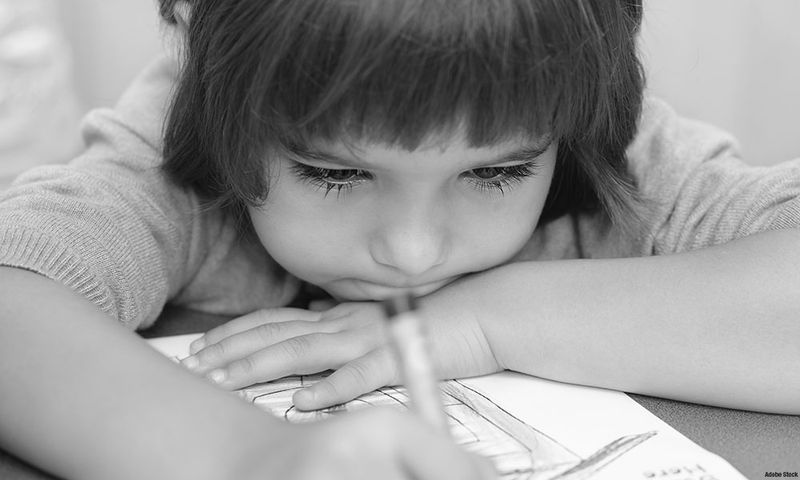
Blank paper becomes a confession booth. If your child’s drawings, stories, or playtime suddenly get stormy or sad, that’s their inner weather showing up in living color. Kids paint what they can’t put into words.
I’ve seen happy castles turn into shadowy forests overnight, or superhero stories get replaced with “bad guy wins” endings. These shifts might look subtle to everyone else, but you know your child’s style best.
Don’t brush it off as just a phase. Darker themes in creativity can be a quiet cry for help—or at least, a sign they’re processing something big. Instead of critiquing the art, ask gentle questions. Sometimes, those doodles and daydreams are their safest way to whisper what’s really on their mind.
10. They Suddenly “Forget” How to Do Things They’ve Mastered
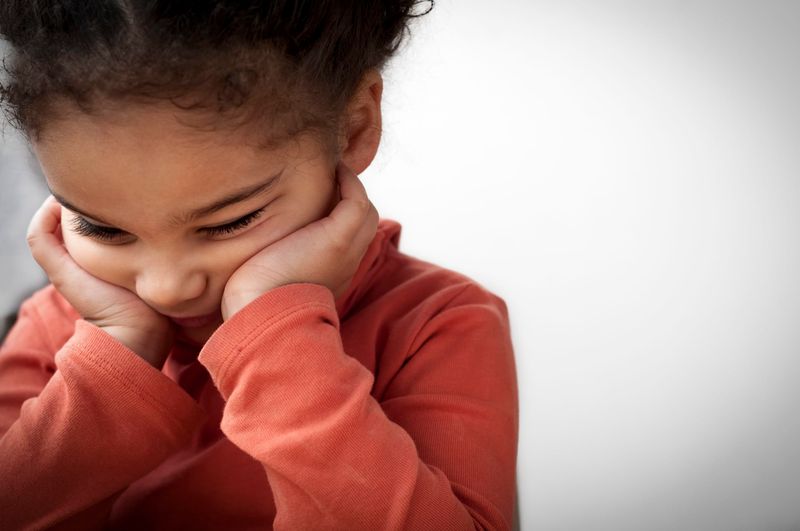
Out of nowhere, your child can’t tie their shoes or ride their bike. Regression can hit like a plot twist when emotions run high. Sometimes, the brain takes a step back to feel safe.
I’ve seen this with potty training, reading, or chores. It’s as if their mind is waving a little white flag, saying, “This is too much.” It isn’t about being lazy or stubborn.
Instead, recognize their struggle as a sign—something inside is bigger than their ability to cope right now. Offer extra patience, not pressure. Sometimes, a gentle “I’m here” is all they need to feel steady again. Regression is often less about forgetting and more about their need for comfort when things feel like too much.
11. They Overreact to Small Things, Then Apologize Too Much
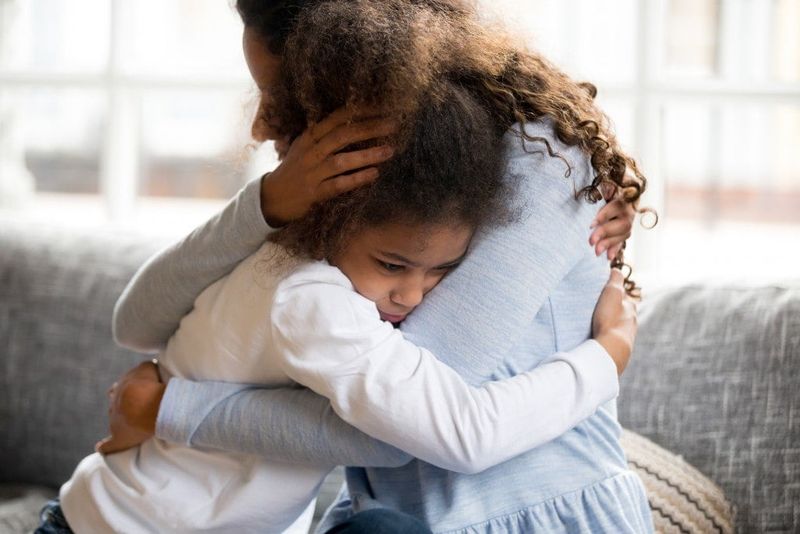
A spilled drink turns into full-blown tears, followed by a handful of “I’m so sorry”—sound familiar? When little things spark big reactions, it usually means something major is brewing beneath.
Kids who are carrying heavy emotions might blow up over minor problems, then scramble to fix things with too many apologies. It’s heartbreaking and frustrating, all at once. I’ve seen parents try to reason with logic, but these moments aren’t about the mess or mistake.
It’s about fear—of being in trouble, of not being good enough, or just feeling overwhelmed. Instead of brushing it off, offer a hug and reassure them they’re loved, even when things get messy. Too many “sorrys” are a window into a child’s worry about being accepted, mistakes and all.
12. They Avoid Physical Affection or Cling More Than Usual

Hugs can turn into battlefields, or suddenly your child becomes a little barnacle stuck to your side. Changes in how they give or want affection say a lot about what’s swirling inside.
I’ve watched kids recoil from a parent’s touch, their bodies stiff and eyes darting. Other times, they morph into shadows, needing to be held all day. Both are signals—one of needing space, the other of desperate reassurance.
Don’t take it personally. Affection isn’t just about love; it’s about feeling safe. When your child shifts how they reach for you, it’s worth noticing. Sometimes, a gentle “I love you” or just sitting nearby is all they need. It’s not about the hug—it’s about what that closeness means in their world.
13. They’re Extra Curious About Others’ Feelings, But Not Their Own
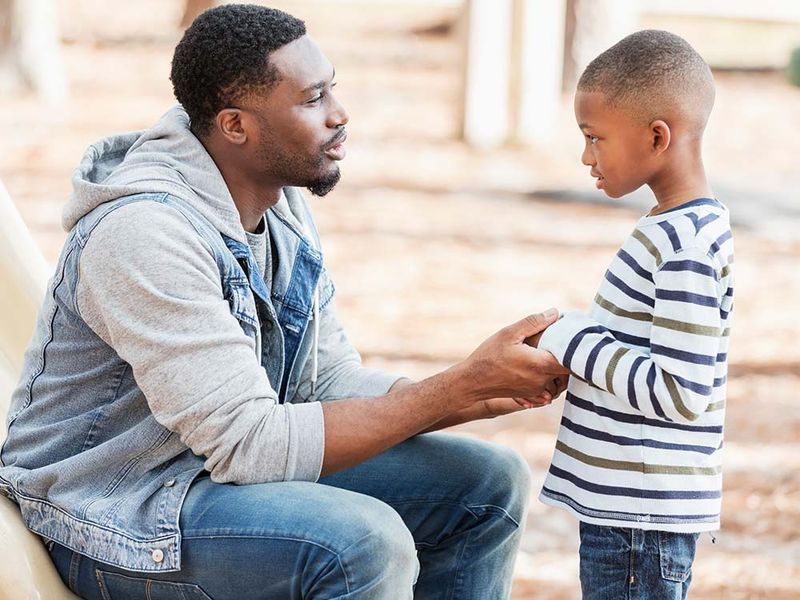
“Are you mad?” “Is everything okay with you?” If your child suddenly turns into a detective about everyone else’s mood—but never shares their own—it’s a clue they’re lost in their own emotions.
I’ve seen kids tiptoe around parents, teachers, even friends, scanning for reactions. They check your temperature before sharing anything real. It’s like they’ve got a sixth sense for tension, but no compass for their own feelings.
They may not know how to name what they’re feeling, so they focus on you instead. This curiosity isn’t nosy—it’s protective. Sometimes, the best thing you can do is answer honestly and invite them to share, no pressure. Eventually, your calm can give them permission to explore what’s happening inside, too.
14. They Tell You They’re Fine… but They Don’t Sound Like It
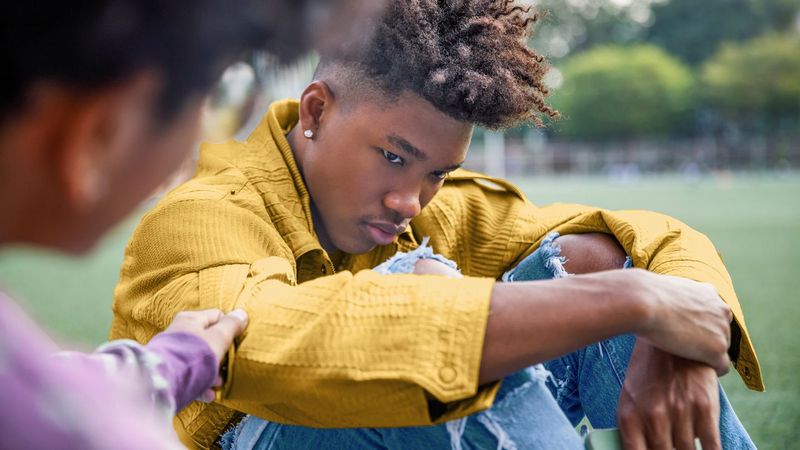
“I’m fine.” Those words can sting when you know your child, and something just feels off. The tone is flat or the smile too quick. It’s the classic move for kids who don’t know how—or don’t feel safe enough—to spill what’s real.
When you hear this phrase paired with a faraway look or a shrug, trust your gut. I’ve seen parents brush it off, but that’s when you lean in (gently). It’s not about calling their bluff, but letting them know you’re paying attention.
The truth? Kids often want to be seen, even when they push us away with “I’m fine.” Sometimes, just sitting nearby, or reminding them they can talk whenever, is the lifeline they need to finally open up. Don’t let the words fool you—listen for everything they’re not saying.
15. They Start Talking About Themselves in a Harsh Way
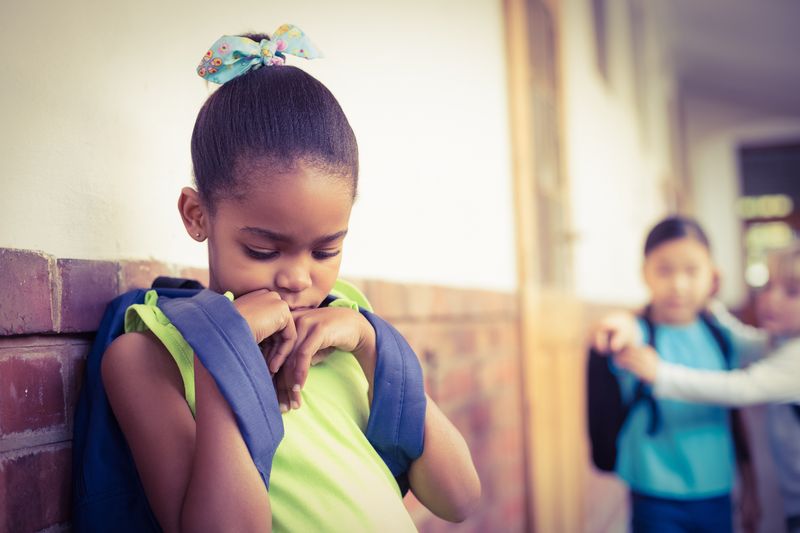
“I’m dumb.” “Nobody likes me.” Those words land like ice water on a parent’s heart. When your child’s self-talk turns mean, it’s a flashing red sign that their self-esteem is under attack.
I’ve seen this spiral after a rough day at school, a lost friendship, or even just a string of bad luck. The words are rarely about the actual mistake—they’re about deep, heavy feelings they can’t untangle yet.
Correcting them doesn’t always help, either. Instead, try asking where those thoughts are coming from, and offer extra love. Being their mirror in those moments—reflecting back all the good you see—matters more than any pep talk. Sometimes, the harshest critic in a child’s life is their own voice, and they need help turning down the volume.

